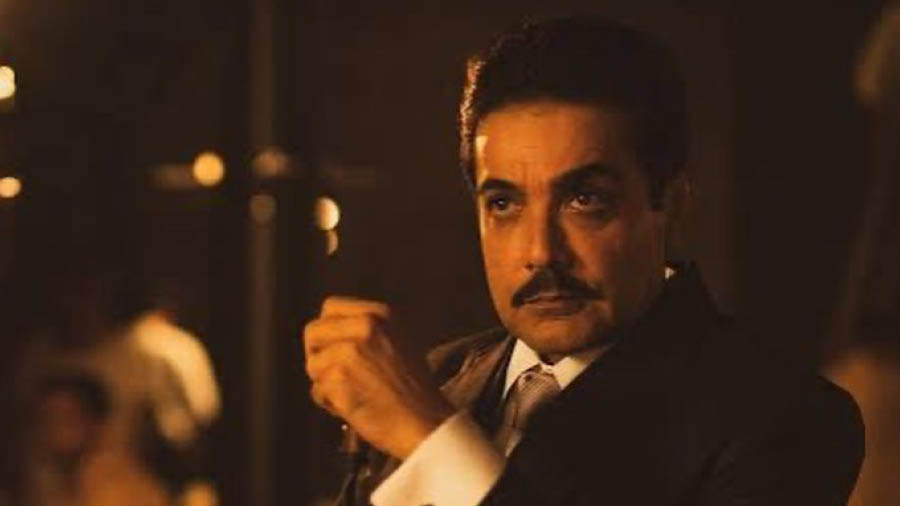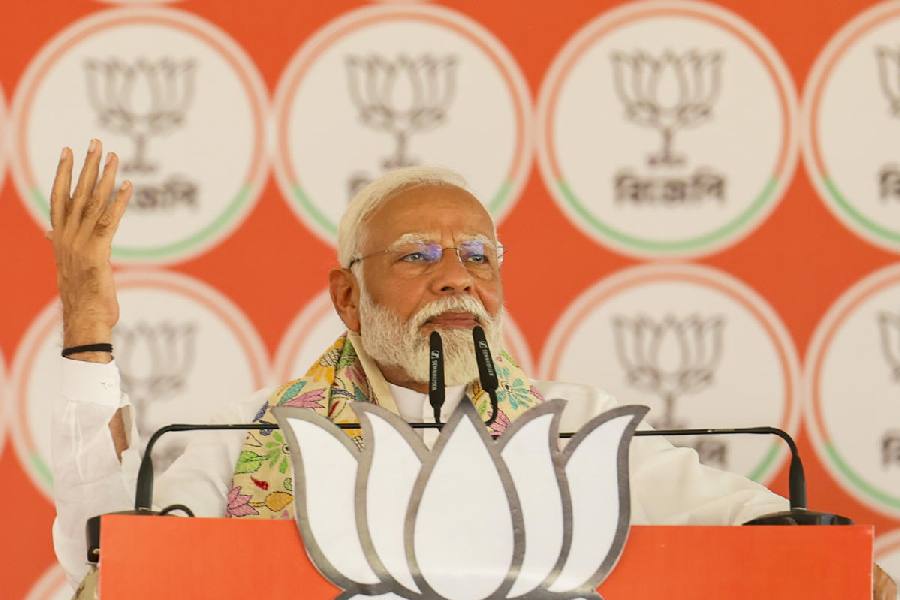Since his first film, Udaan, Vikramaditya Motwane has managed to stay fresh and relevant. It’s hard to put his films in a box or under one umbrella. He’s constantly evolving and delivering, arguably never making a ‘bad film’ till date. Jubilee, the new Amazon Prime Video show and Motwane’s second directorial work for a series after Sacred Games, manages to deliver the promise of freshness.
Jubilee, the first part of which released on April 7, narrates the inspired tale of the Hindi language film industry based out of Bombay from the time India became independent to the early 1950s. At the centre of the drama are many characters whose lives cross paths at various times, each using the other for their own personal gain.
The film follows Srikant Roy’s attempt to get his Roy Talkies back in the business by launching a new star, Madan Kumar. When a star is found in the most unlikely of people around, it begins a cat and mouse tale of obsession, greed and ambition. At the same time, Jay Khanna, the young playwright from Karachi, is forced to migrate to Bombay, where the life around him fuels him to dream bigger for himself.
Prosenjit Chatterjee’s performance as Srikant Roy is layered. His actions are motivated and when he’s on screen, you cannot take your eyes off him. A good Prosenjit Chatterjee performance comes out every couple of years and Jubilee has presented us with his latest one. He has always had to perform behind the shadows of more marketable actors whenever he was cast in Bollywood films but in Jubilee, he’s front and centre.
Sidhant Gupta, who plays Jay Khanna, perhaps delivers some of the best acting moments in the series. He’s a revelation and exciting to watch on screen. There are subtle nuanced moments that his character goes through that are genuinely hard to believe as acting. He wears the skin of the character, makes him his own and disappears somewhere in the performance.
The same cannot be said for Aparshakti Khurana and his portrayal of Binod Das. The fault however doesn’t lie in his performance, as much as it lies in the writing of the character. Binod, the central character of the series, is the least sketched out. He definitely has a larger arc in the narrative but his internal conflict is largely seen through external physical manifestations, such as seeing visions, instead of nuanced body language.
As a craft, Jubilee is a mixed bag. The script takes time to set up. It’s a slow burn but once it starts rolling, you’re in for a ride. There are moments that seem conveniently put together for the sake of drama, but largely the script manages to hook you while also giving you context of the country at large and the changes India was going through during the independence and partition. Though highly subjective in nature, cinematography in Jubilee is unmotivated and overpowering, predictable and almost templated.
Yet, the central conflict in Jubilee remains interesting. The rags-to-riches journey, the nobody-to-every person’s desire, the climb-in-class story are all seen and done with. The tale is old. But it’s the context of the evolving film industry in 1950s Bombay, that Motwane has immersed us in, that makes it a fresh experience nevertheless. Swetha Basu Prasad, who plays Ratna, Binod’s wife and a silent observer in much of the series’ events, embodies this just in the way her smile evolves through the series.
It’s hard to talk about the plot without spoiling it for those who haven’t seen it. Jubilee takes unexpected twists and turns, and it’s exciting to experience for the first time. Part 1 ends on a cliffhanger, pitting two friends against each other, allowing the audience to absorb it all before it’s revealed how they climb the ladder individually.
As a whole, Jubilee is not the strong wave of change that the first season of Sacred Games promised but it’s still worth a watch — if not for its central character, at least for Motwane’s world building and the supporting characters played incredibly well by an ensemble cast.
Part 2 of Jubilee drops on Amazon Prime Video on April 14.










